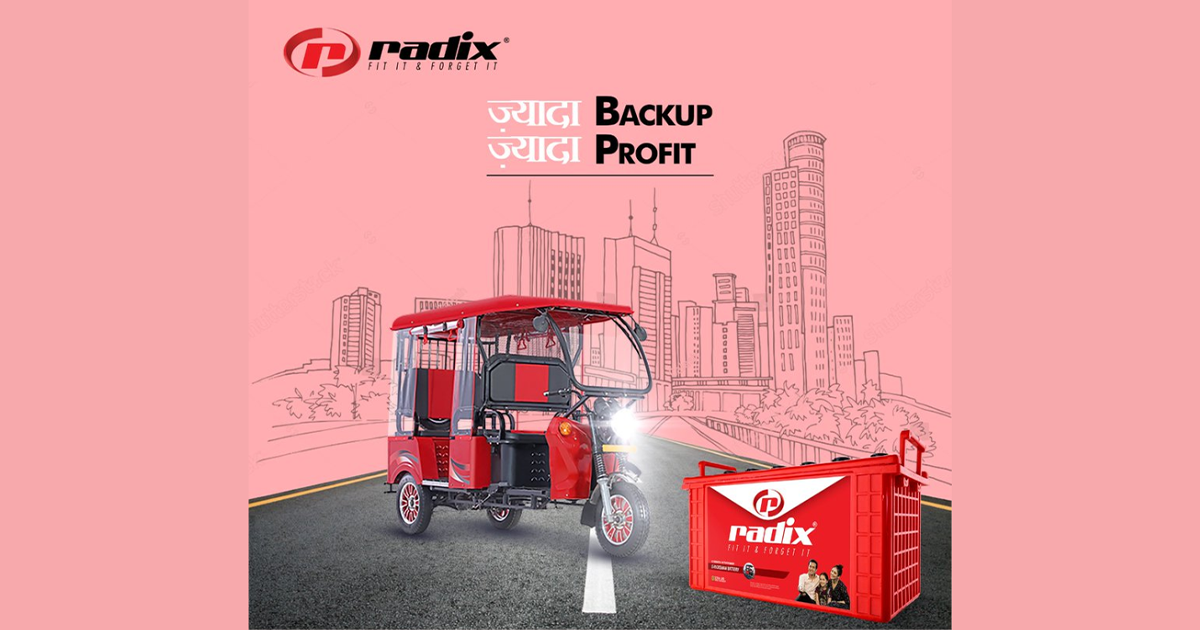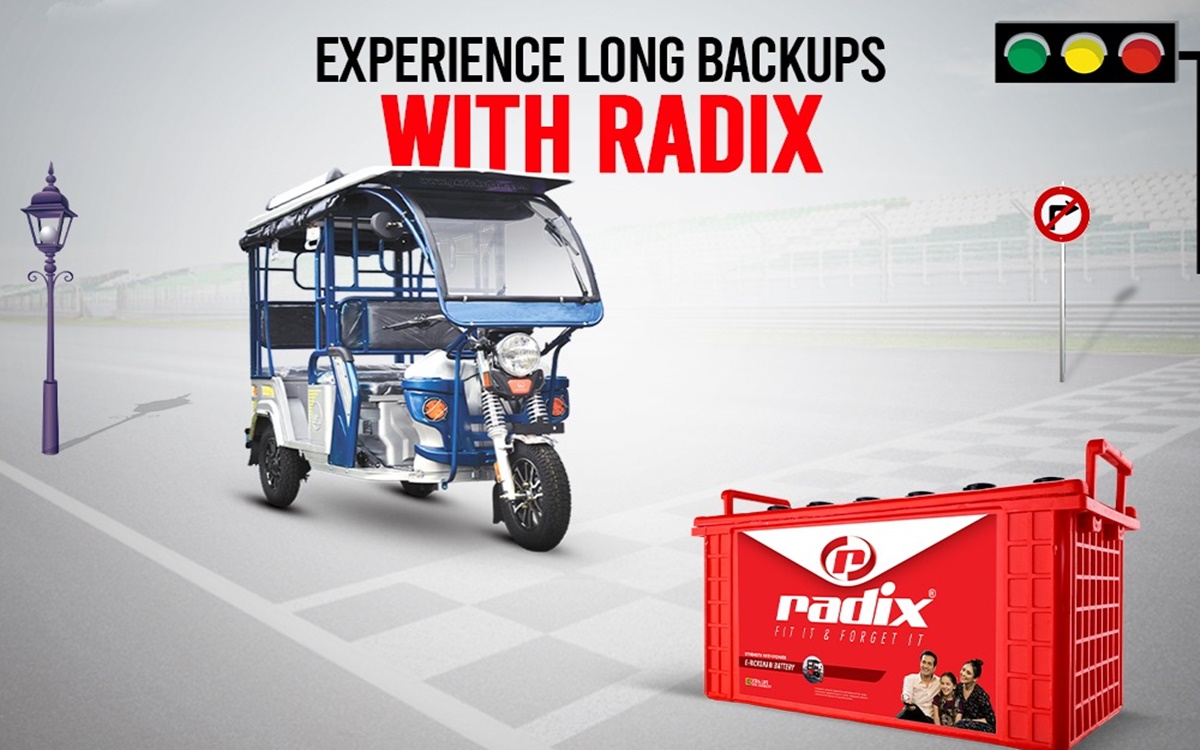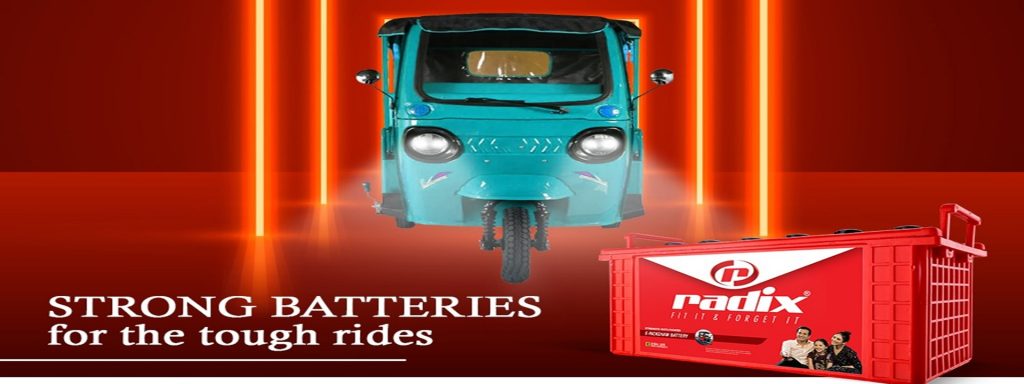How to Maintain Your Electric Rickshaw Battery
1. Proper Charging: Charge the battery regularly using the recommended charger and avoid overcharging or undercharging. This helps maintain the battery’s capacity and prevents premature aging.
2. Temperature Control: Keep the battery within the optimal temperature range, typically between 20 to 25 degrees Celsius. Extreme temperatures can degrade the battery’s performance and lifespan.
3. Regular Inspections: Check the battery for any signs of damage, such as bulging or leakage. Clean the terminals and connections periodically to ensure good electrical conductivity.
4. Avoid Deep Discharge: Try to avoid completely draining the battery before recharging. Deep discharges can strain the battery and reduce its overall capacity over time. Aim for partial charges instead.
5. Balanced Usage: Distribute the load evenly across all the batteries in the E-rickshaw, if applicable. This helps prevent overloading and ensures that each battery is utilized optimally.
6. Proper Storage: If the E-rickshaw will be inactive for an extended period, store the battery in a cool and dry place. It’s recommended to keep the battery at around 50% charge during storage to maintain its health.
7. Avoid Overloading: Adhere to the weight capacity guidelines of the E-rickshaw to prevent excessive strain on the batteries. Overloading can lead to reduced battery performance and a shorter lifespan.
8. Regular Maintenance: Schedule routine maintenance checks with a qualified technician to ensure the battery is in good condition. We can perform tests, clean the battery, and identify any potential issues early on.
Remember, following these tips can help maximize the lifespan of your E-rickshaw batteries and ensure their optimal performance.
To conclude, taking proper care of E-rickshaw batteries is essential for their longevity and optimal performance. By following the tips mentioned earlier, such as proper charging, temperature control, regular inspections, and balanced usage, you can ensure that your batteries last longer and provide reliable power for your E-rickshaw.
Speaking of battery manufacturers, Radix is a renowned company that specializes in manufacturing high-quality inverter batteries and E-rickshaw batteries in India. We have a strong presence in Meerut and are known for their reliable and durable battery products. If you’re looking for a reputable battery manufacturer for your E-rickshaw or inverter needs, Radix is worth considering.
Remember, choosing a reliable battery manufacturer like Radix can make a significant difference in the performance and lifespan of your batteries. So, when it comes to finding the right battery for your needs, Radix is a trusted name in the industry and a reliable inverter battery manufacturer in Meerut.
Follow Us:





